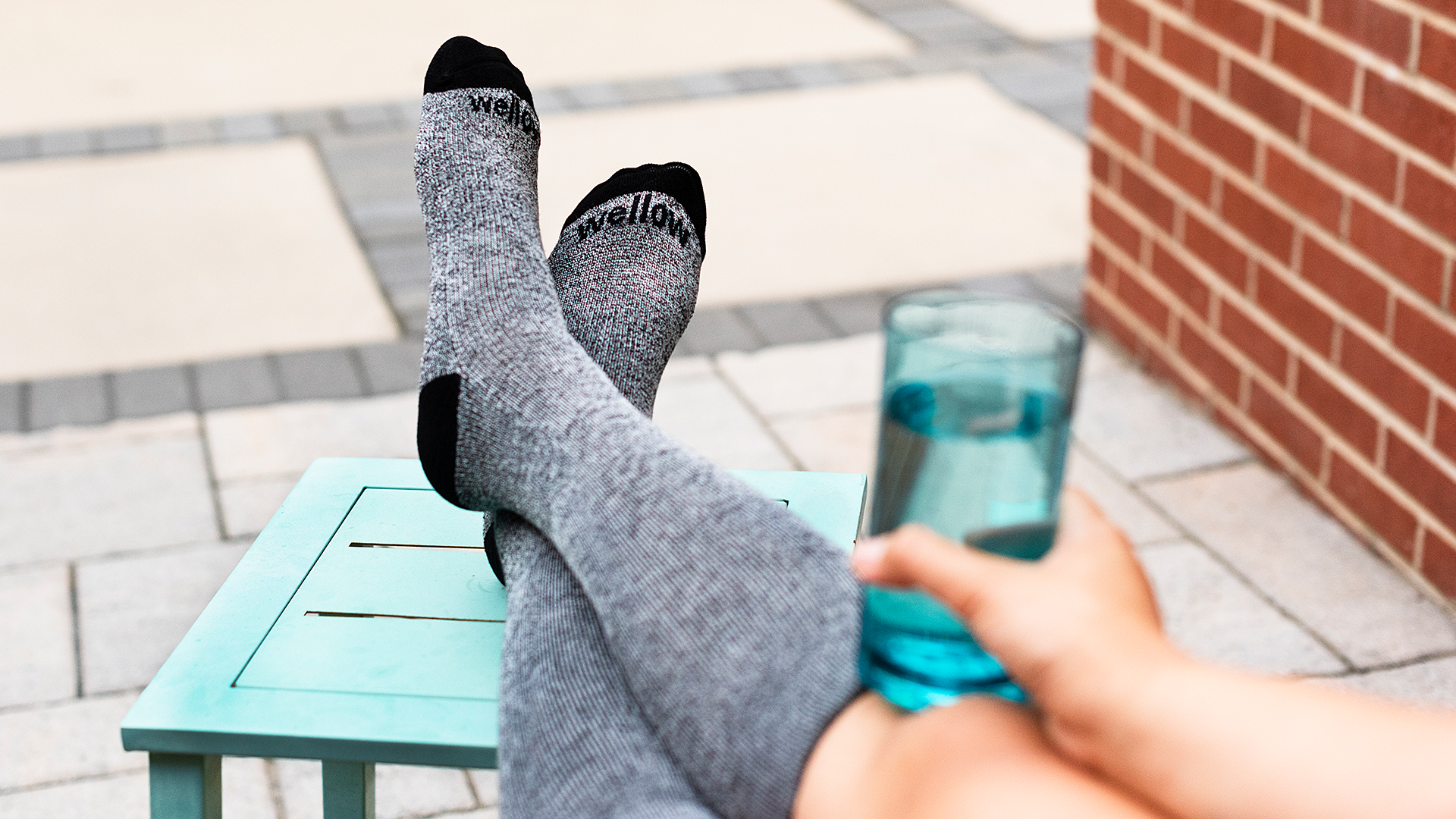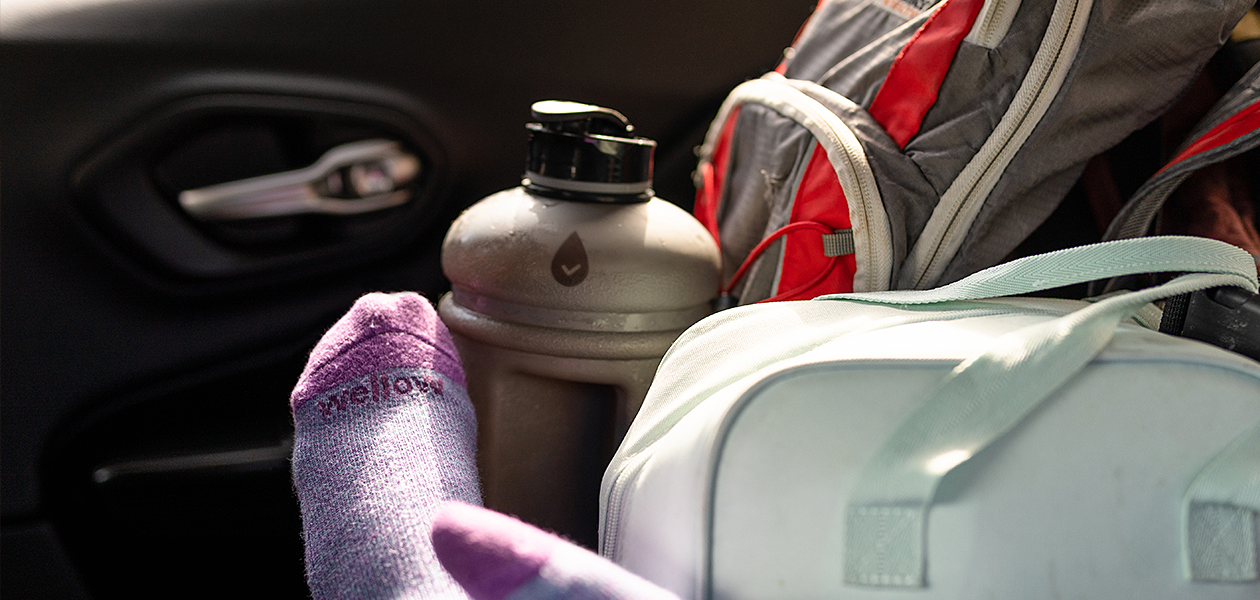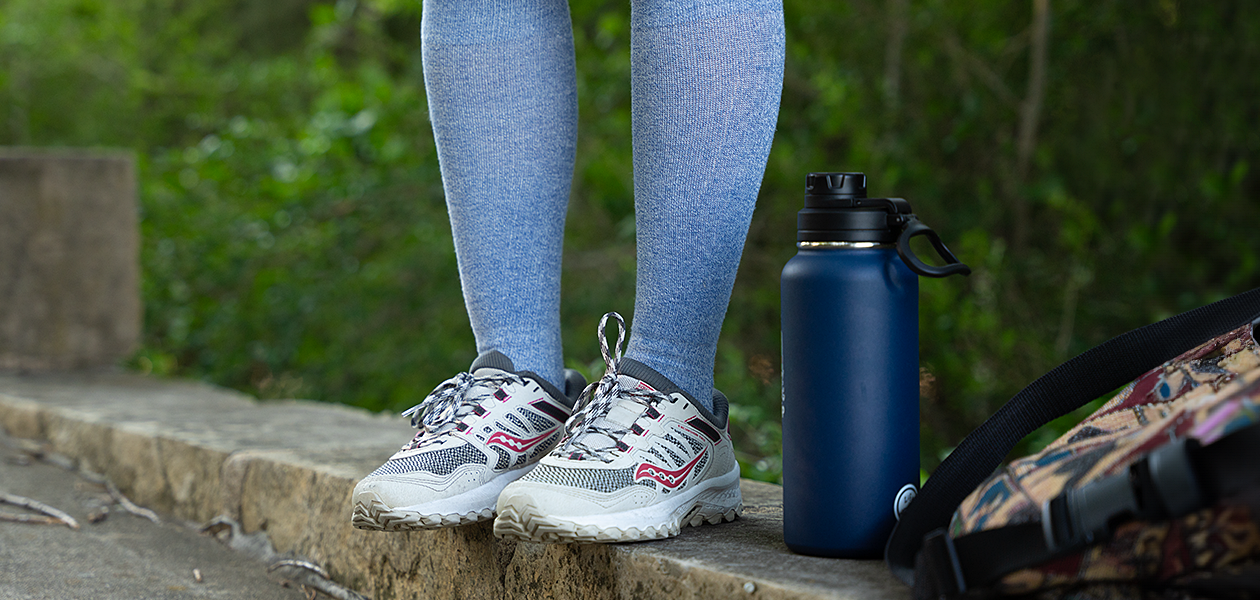Drinking More Water to Prevent DVT
When it comes to Deep Vein Thrombosis (DVT), a condition where blood clots form in the deep veins of your legs, most advice centers around staying active and avoiding long periods of immobility. However, there's another piece of the puzzle that's equally important but often overlooked: hydration.
Hydration and Blood Viscosity: What's the Link?

At the heart of the matter is the viscosity of your blood, or how thick and sticky it is. Proper hydration plays a crucial role in maintaining a lower blood viscosity, facilitating smoother blood flow and reducing the risk of clot formation. A study published in the "European Journal of Clinical Nutrition" found that dehydration significantly increases blood viscosity, which in turn elevates the risk of thrombosis (Rosner & Okusa, 2017). By staying hydrated, you're essentially helping your blood flow more freely, minimizing the chance of clots forming.

How Much Water Should You Drink to Reduce Your DVT Risk?
While individual hydration needs can vary based on factors like body size, activity level, and climate, a general guideline is to aim for about 2 liters, or 8 glasses, of water per day. However, listening to your body and drinking when you're thirsty is also a reliable indicator of when you need to hydrate.

Combining Hydration with Compression for Maximum Protection
While hydration is a powerful tool in the prevention of DVT, combining it with other preventative measures can offer even more protection. Wearing compression socks, especially during long periods of sitting or standing, can help further improve blood flow and reduce the risk of DVT. Compression socks work by applying pressure to your legs, helping to prevent blood from pooling in your veins and forming clots.
So, the next time you reach for your water bottle or slip on your Wellow compression socks, know that you're doing something great for your circulation and your overall well-being.
Reference:
Rosner, M.H., & Okusa, M.D. (2017). Acute Kidney Injury Associated with Chronic Heart Failure. European Journal of Clinical Nutrition, 71(1), 9-15









